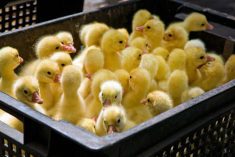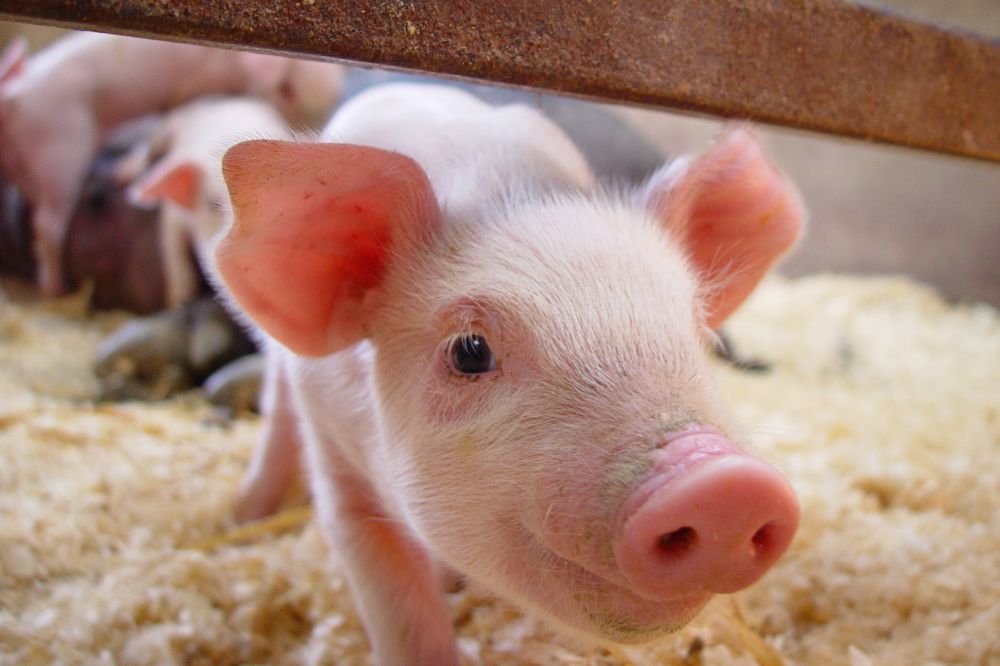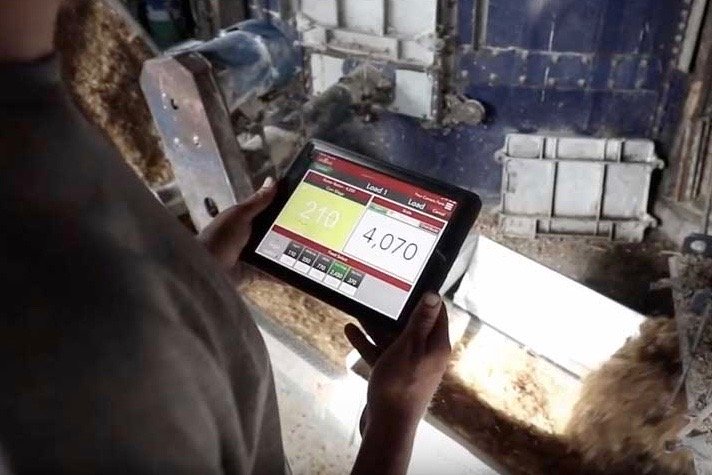Chicago | Reuters — Merck and Co.’s animal health unit will buy privately-held Harrisvaccines to expand its portfolio of animal vaccines as the U.S. livestock industry seeks new defenses against diseases, the companies said on Thursday.
Financial details were not disclosed.
The deal, which is expected to close by year-end, follows rival Zoetis’ agreement, announced on Nov. 2, to buy Pharmaq, a market leader in vaccines for farmed fish, for US$765 million.
Harrisvaccines, based in Ames, Iowa, is best known for developing a vaccine called “iPED” in 2013 to fight porcine epidemic diarrhea virus (PEDv).
Read Also

U.S. grains: Soybeans rise on export optimism; corn, wheat nearly flat
Chicago | Reuters – Chicago soybean futures rose about one per cent on Tuesday on optimism about demand for U.S….
It was one of the first U.S. companies to develop a vaccine to fight the disease, which wiped out an estimated 10 per cent of the U.S. pig population over two years. It also received the first conditional license from the U.S. Department of Agriculture (USDA) to sell its vaccine to veterinarians and swine farmers.
Merck Animal Health’s project to develop a PEDv vaccine is ongoing, the company said on Thursday.
Zoetis also has been granted a conditional license from the USDA to sell its PEDv vaccine.
In October, Harrisvaccines was one of two drug firms to be awarded a USDA contract to manufacture doses of avian influenza vaccine for poultry, in preparation for the potential return of the fast-spreading virus later this year.
— P.J. Huffstutter reports on agriculture and ag markets for Reuters from Chicago.
















